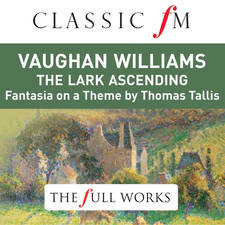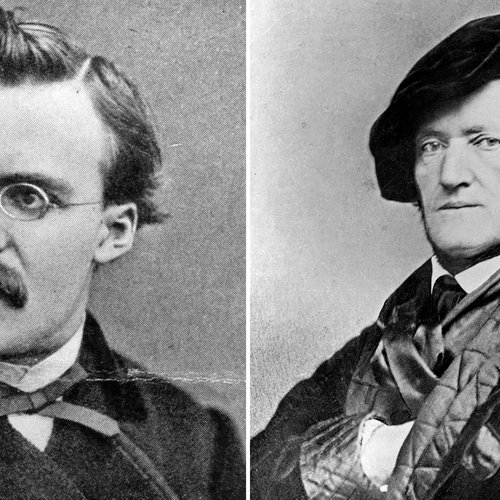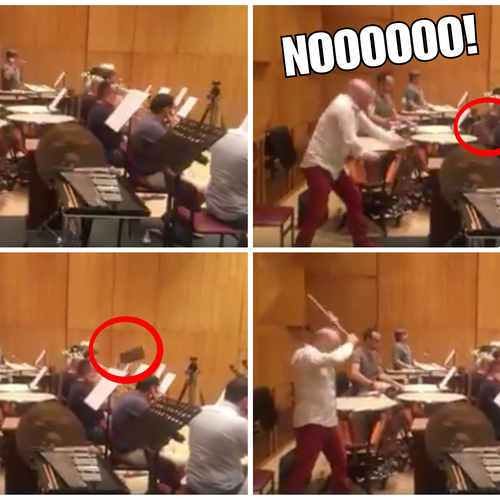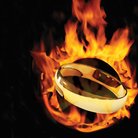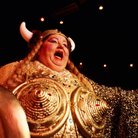Wagner: 15 facts about the great composer
Richard Wagner led one of the romantic period's most controversial, exciting and bizarre lives - find out more about him with our facts gallery!
-
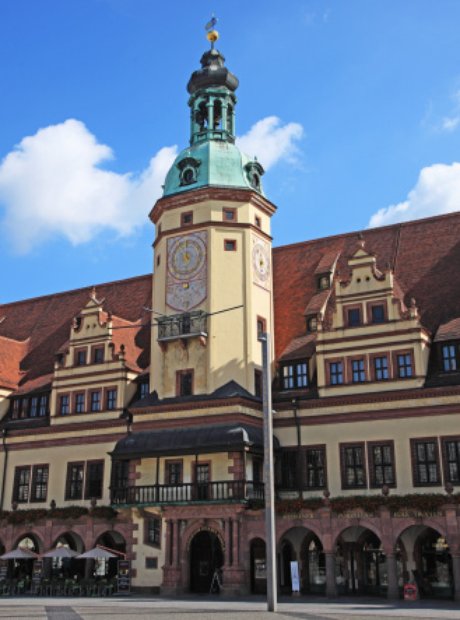
1. Wagner is Born!
Wilhelm Richard Wagner came into the world on May 22nd 1813, in the Jewish quarter of Leipzig.
-
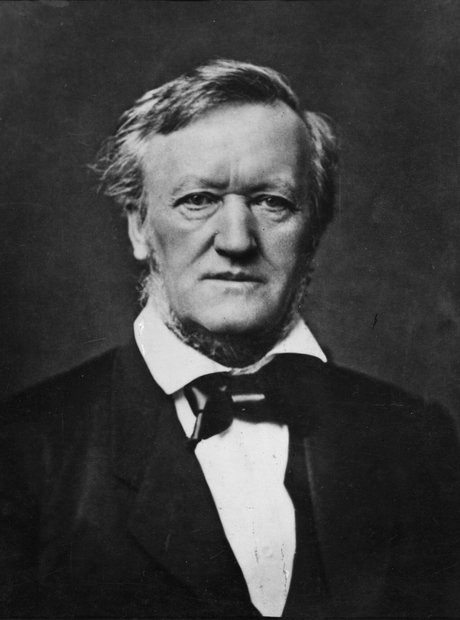
2. A musical beginning?
Astonishingly, Wagner showed little aptitude or enthusiasm for music as a child, and so was the only one of his siblings to not receive piano lessons. When he was just 13, though, he wrote a play entitled 'Leubald' that he insisted should be set to music - which is when he started music lessons.
-
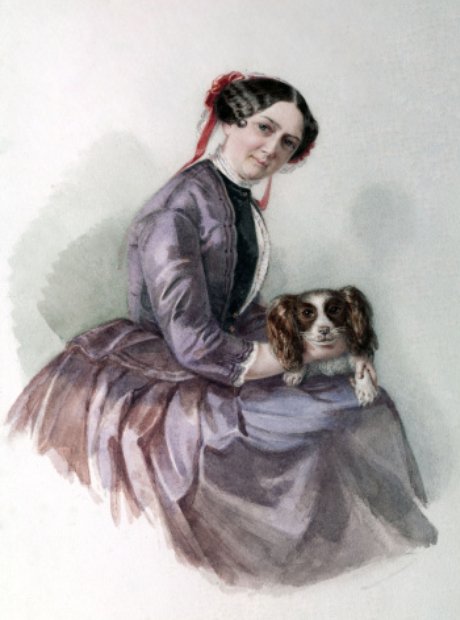
3. Richard Wagner - dog lover?
Who would've thought that one of history's most controversial composers would actually be rather keen on dogs? Apparently he and his partner Minna Planer had a large Newfoundland named Robber - it's unclear if it's the one pictured with Minna here.
-
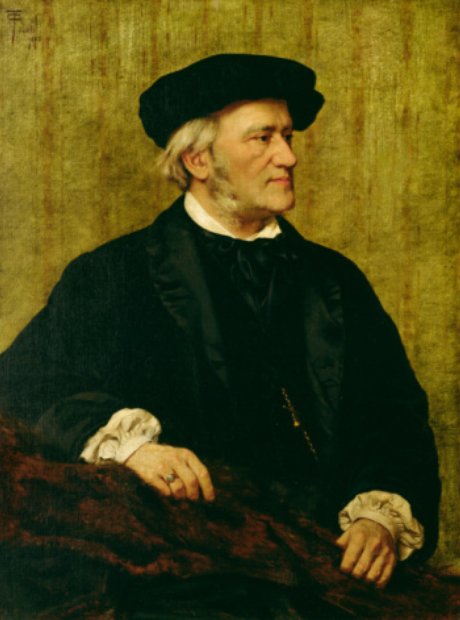
4. The Fairies
Wagner's first complete opera was never performed in his lifetime. 'Die Feen' ('The Fairies') never really caught on in the world of German opera and didn't receive its premiere until 1888.
-
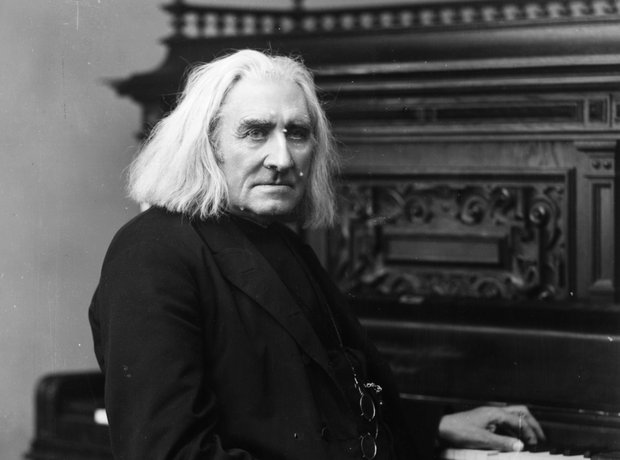
5. A friend in Franz
While Wagner was in exile (due to the thorny issue of his increased revolutionary activity in Dresden), he completed several key works including his opera Lohengrin. However, unable to stage the work himself, he wrote to his friend Franz Liszt in the hope of getting it produced. Not only did Liszt get the work staged, he also conducted the premiere in Weimar. What a guy.
-
-
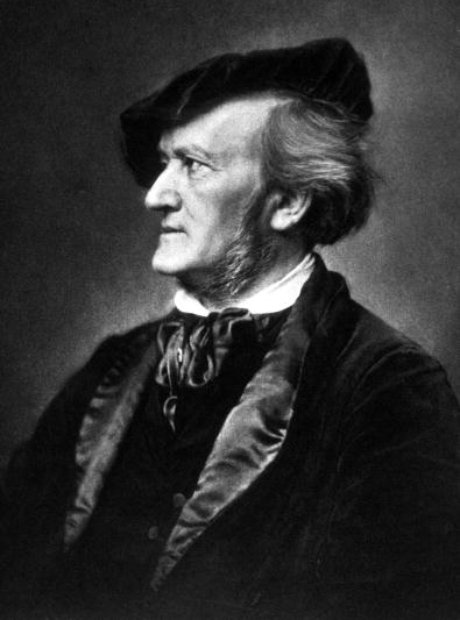
6. The Leitmotif
One of Wagner's greatest gifts to music was the Leitmotif. Simply put, it's a musical signature designed to represent a character or theme in an opera, and he uses them throughout his operas. Modern film composers have since adopted the technique, and you'll find countless examples across many Hollywood scores.
-

7. Flight of the Valkyries in cinema
One of the most famous pieces from the Wagner canon has to be his Flight of the Valkyries, from Die Walküre. But where do we know it from apart from the opera itself? That's right, the terrifying opening helicopter scene from Francis Ford Coppola's Apocalypse Now.
-
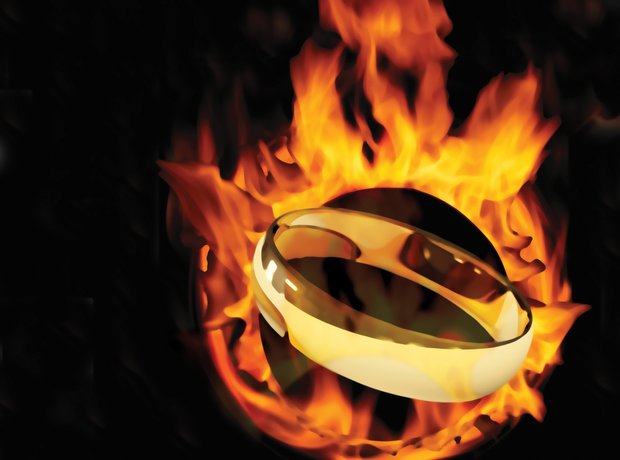
8. Wagner the polemicist
It will come as no surprise to learn that Wagner was an opinionated man when it came to matters of artistic expression. In fact, he published several essays on his vision of a 'Gesamtkunstwerk' ('complete artwork') and his strong views on how they should be presented.
-
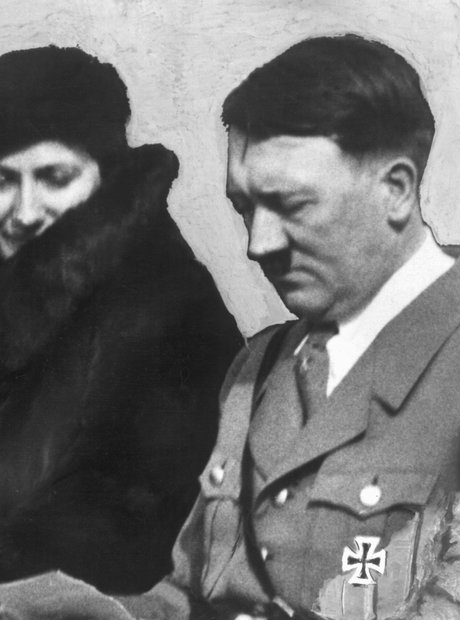
9. Hitler's favourite composer?
Much of Wagner's controversial reputation comes from his association with Nazism. In fact, Hitler allegedly said the following: "Whoever wants to understand National Socialist Germany must know Wagner." Controversies still rage today around performances of Wagner's work in modern-day Israel in particular. Here we can see Hitler laying the first stone at a monument to Wagner.
-
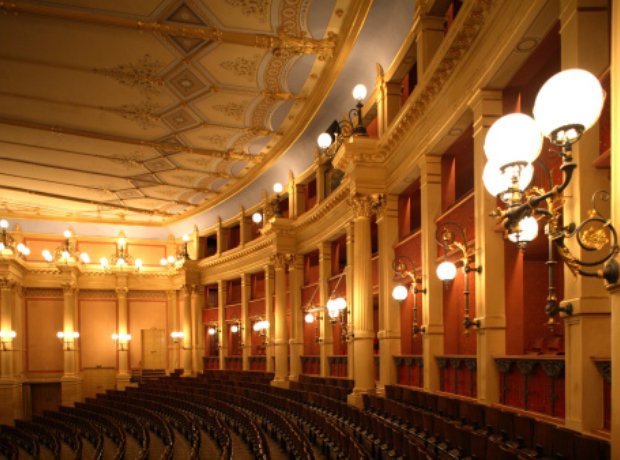
10. His own concert hall
Such was the reputation of and adoration for Wagner's operatic masterpieces, they needed their very own dedicated theatre to accommodate them. The Bayreuth Festspielhaus is still used to this day for the Bayreuth Festival, which celebrates Wagner's music. Among other quirky features, it has a recessed orchestral pit which makes the musicians invisible to the audience - apparently so that viewers are not distracted from the drama on stage.
-
-
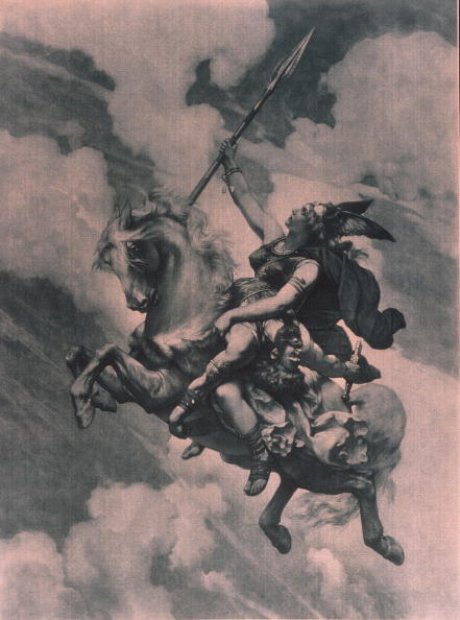
11. The Ring Cycle
It's variously loved, detested and admired by music fans, but you can't knock the Ring Cycle for its scale and ambition. It's estimated that composing the music for Der Ring des Nibelungen took Wagner from 1848 to 1874, and it wasn't given its full premiere in 1876 at the Bayreuth Festspielhaus.
-
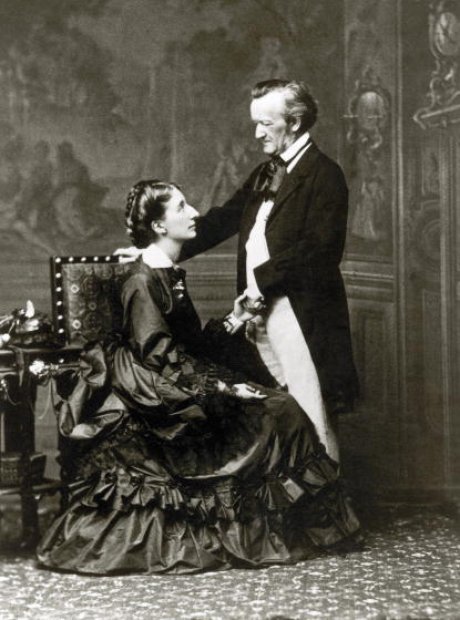
12. A controversial autobiography
Wagner's wife Cosima attempted to recall all copies of Wagner's autobiography after his death, resorting to burning as many copies as she could get her hands on. It's thought that she didn't want people to see the range of flippant comments and potentially insulting or inflammatory statements about his fellow composers.
-
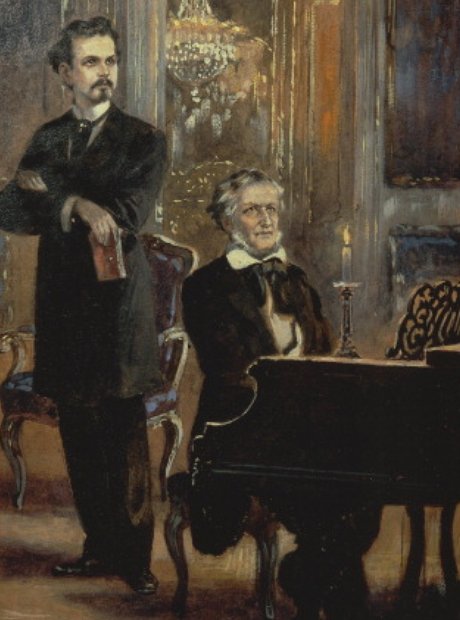
13. Debts
Wagner spent a large amount of his professional life in debt. That was until King Ludwig II came to the throne of Bavaria at the tender age of 18 in 1864. The young king was a massive fan of Wagner's work, so he arranged for his debts to be completely wiped out and even for someone to take dictation for Wagner's autobiography.
-
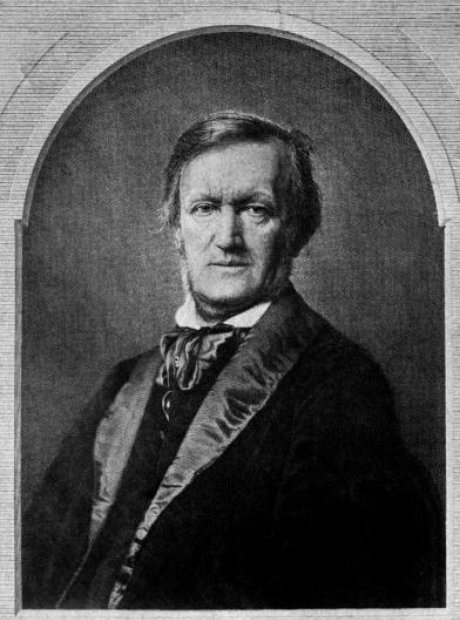
14. Soap opera
Wagner gained a certain amount of inspiration from his brief 'affair' with Mathilde Wesendonck, who was married to silk merchant Otto Wesendonck. Even though Mathilde wasn't too keen on Wagner, he still wrote adoring letters to her - one of which was intercepted by his partner at the time, Minna Planer. Whoops.
-
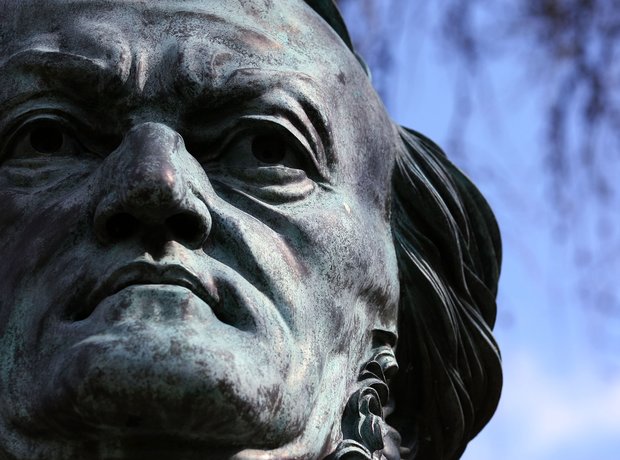
15. Last years
In his final years, Wagner suffered severely from angina and eventually died from a heart attack in February 1883 while visiting Venice. The rumour at the time was that the attack had been the result of an argument between Richard and his wife, Cosima, about his interest in another woman.
